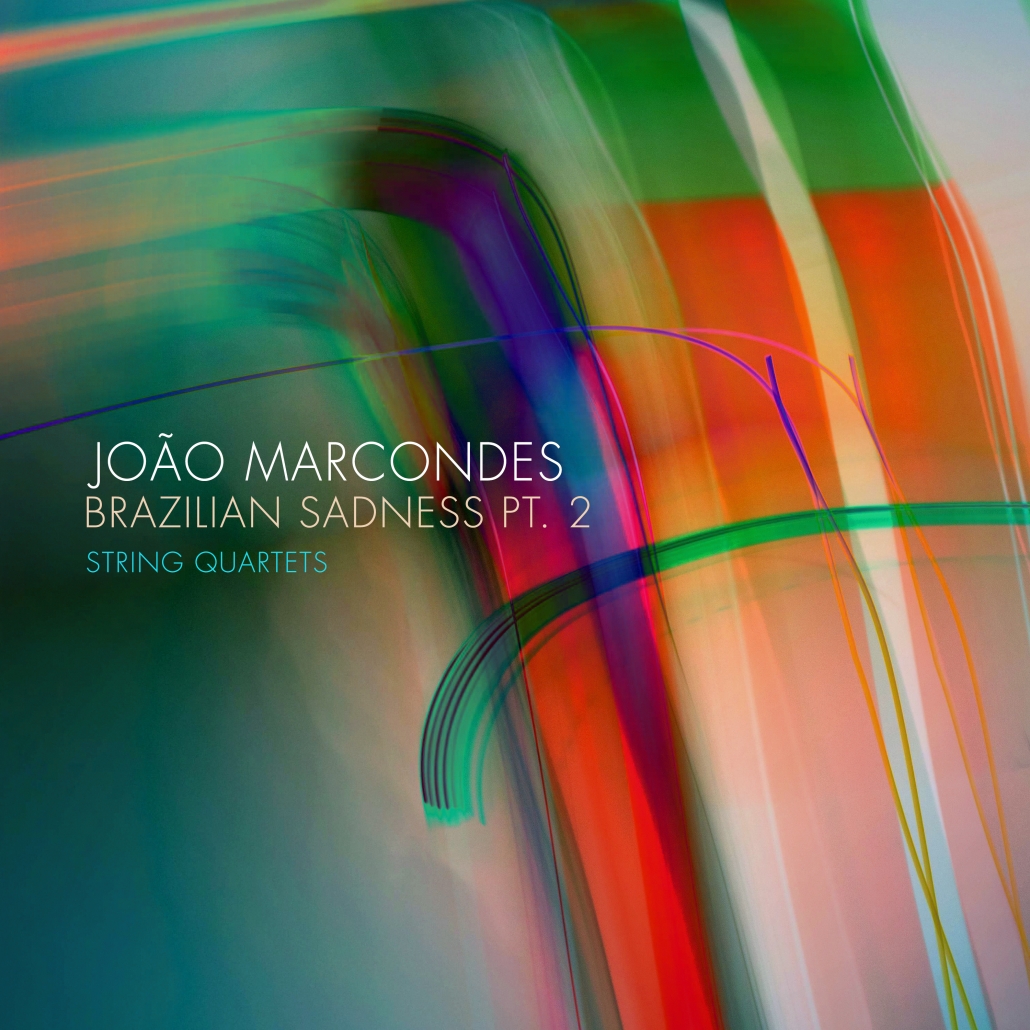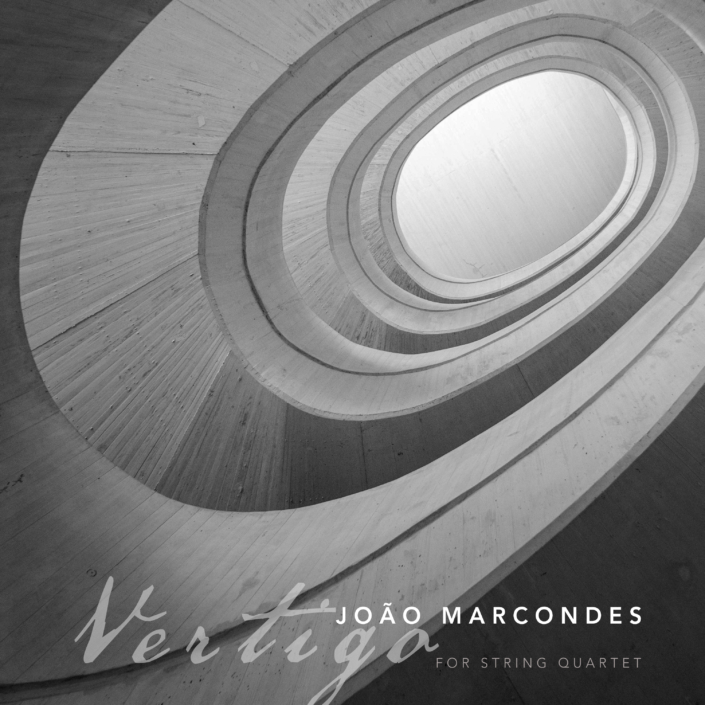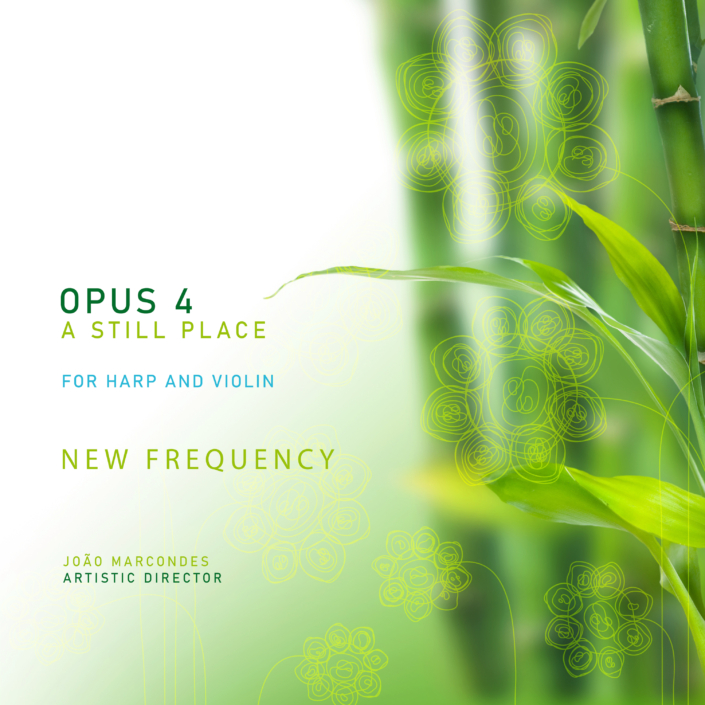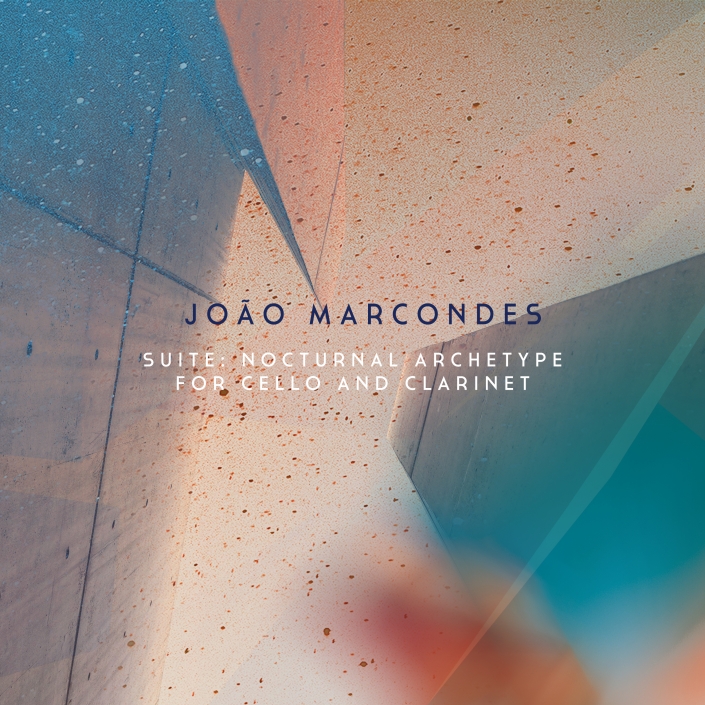Chamber music, as it became established in the Western tradition, found in Joseph Haydn
its most remarkable architect. For João Marcondes, the string quartet has always been a
symbolic invitation to creation, a privileged structure for the transmutation of musical
ideas into form and expression. From the earliest steps of his journey, Marcondes
immersed himself in this universe, exploring its repertoire, its canons, and the stigmas that
surround it.
It was along this path that, while exploring the MIS archives, he came across a recording of
Heitor Villa-Lobos commenting on the singularity of Debussy’s quartet. The Brazilian
composer asserted that this work surpassed in significance the countless quartets
composed by Haydn and other great masters of the genre. Upon listening, Marcondes
understood the fascination the piece held for Villa-Lobos, yet he also realized that
instrumentation transcends boundaries, assuming fluid aesthetic contours and redefining
itself through the lens of each creator.
From this reflection emerged the Lamento Brasileiro series—or Brazilian Sadness—a cycle
of thirteen pieces that translate, through sound, the tensions, wounds, and contradictions
that shape the genesis of the Brazilian people. Forged amid a historical trajectory marked
by conflicts and asymmetries, this series is not merely a collection of compositions: it is a
musical essay on identity, a profound inquiry into what we are—and, above all, who we
are.

 String Quartets
String Quartets 










